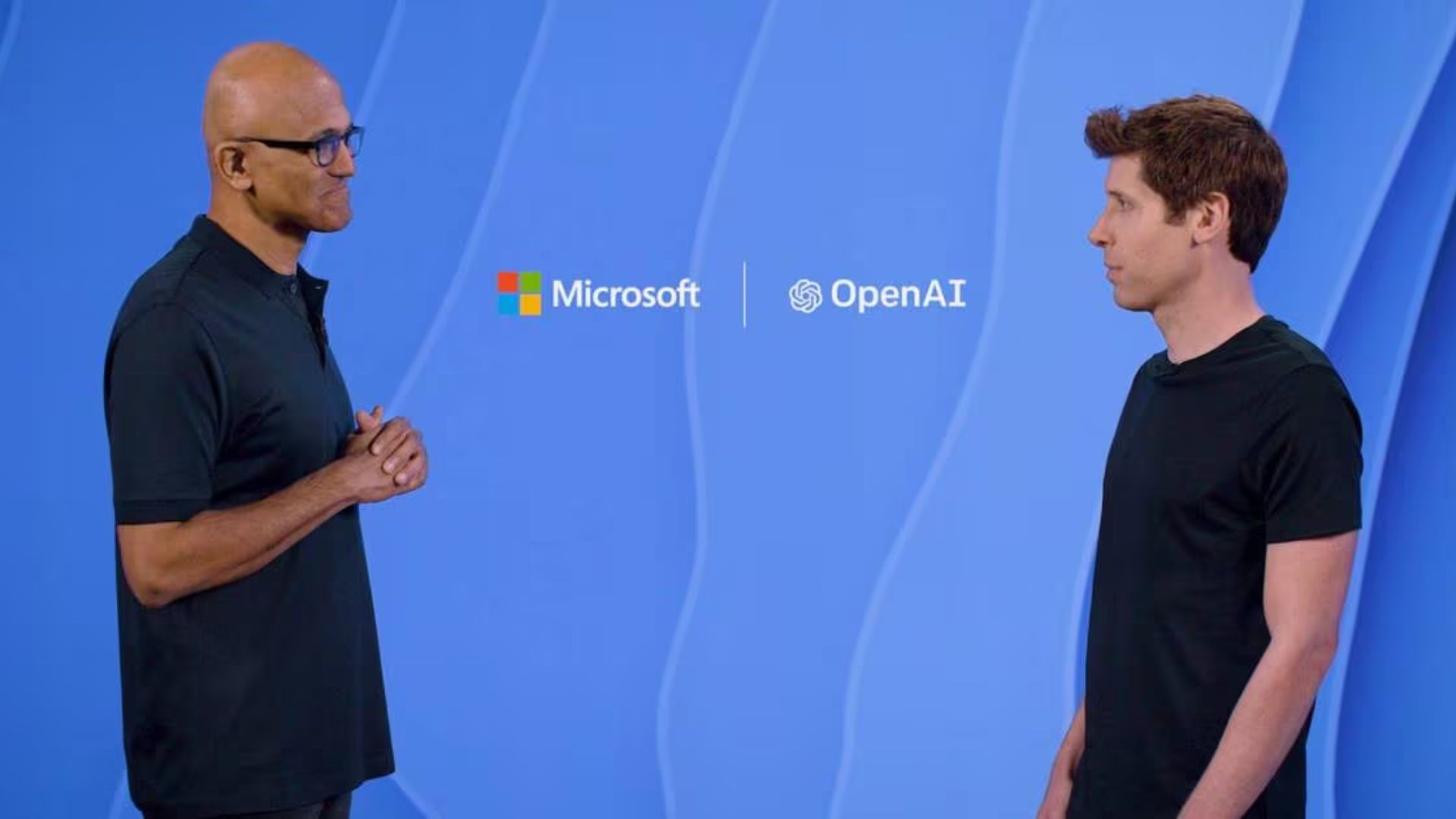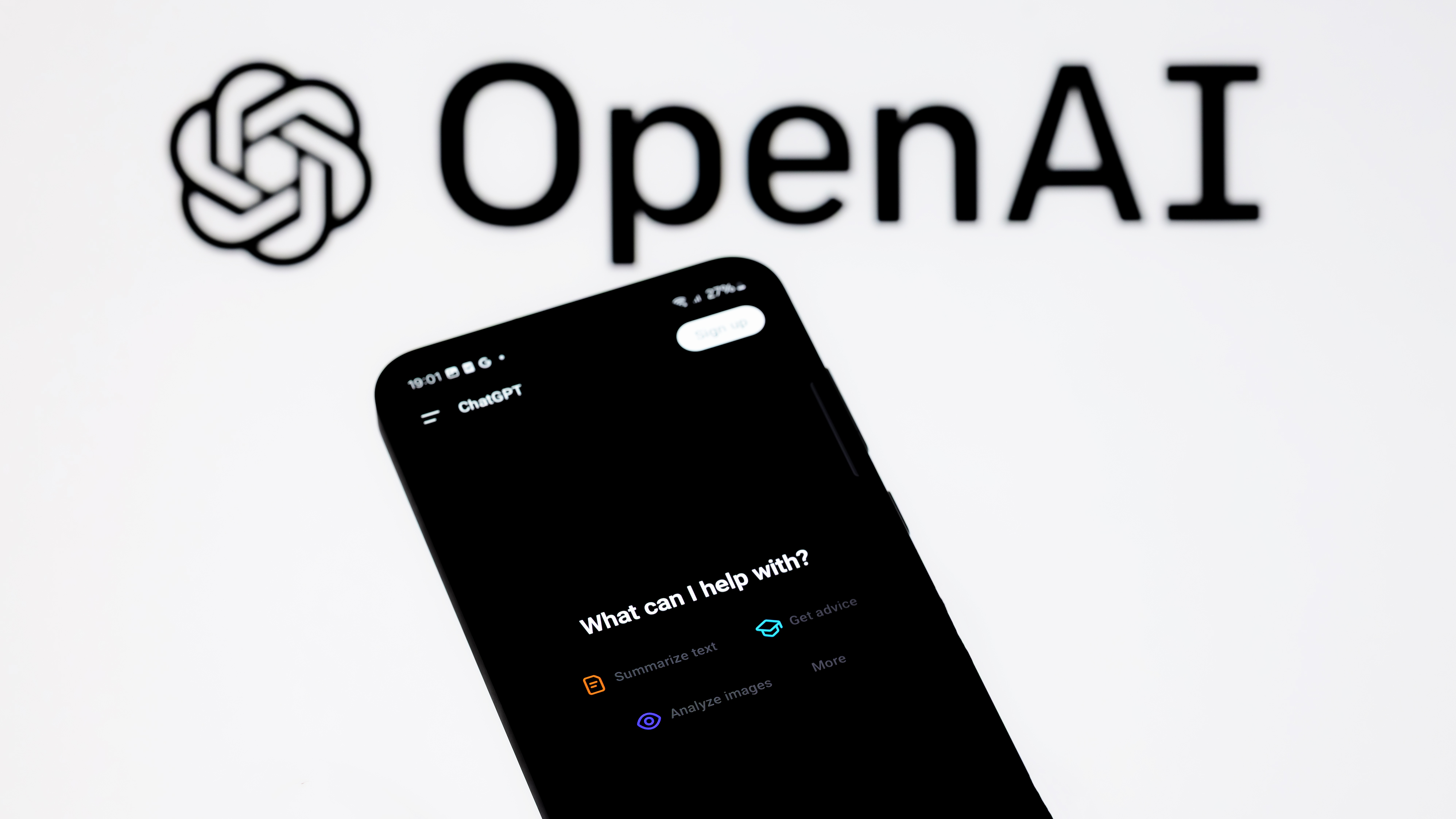Microsoft wants to cut OpenAI’s “AGI escape hatch” before the clock runs out
The “nuclear option” in Microsoft’s OpenAI deal might not survive to 2030. Sources say Microsoft wants to remove the AGI clause that lets OpenAI walk away early

All the latest news, reviews, and guides for Windows and Xbox diehards.
You are now subscribed
Your newsletter sign-up was successful
Since last year, multiple reports have emerged alleging that OpenAI could be on the verge of bankruptcy, with projections of making a $5 billion loss within 12 months. This issue could be predominantly attributed to the ChatGPT maker essentially biting off more than it could chew by spending $7 billion on AI model training and an additional $1.5 billion on staffing.
As you may know, OpenAI has gone through several rounds of funding, raising $40 billion in its most recent, which pushed its market capitalization to $300 billion. However, this placed the AI firm under immense pressure from investors to evolve into a for-profit venture or risk losing funding if it doesn't make the switch by the end of this year, while simultaneously attracting outsider interference and potentially hostile takeovers.
More recently, a separate report emerged suggesting that OpenAI is getting ready to take Microsoft to court over anticompetitive business behaviour. The company further claimed that Microsoft was intentionally delaying the process while looking after its best interests.
OpenAI insiders claimed that "holding out is Microsoft's nuclear option," designed to protect its massive investment in the ChatGPT maker, but the software giant indicated that it was ready to walk away from the high-stakes negotiations and ride out the rest of its partnership through 2030.
However, a separate report claimed that OpenAI could prematurely declare AGI via an AI coding agent that surpasses the capabilities of an advanced human programmer — severing its ties with Microsoft. I honestly thought this would happen during GPT-5's much-anticipated launch, but Sam Altman admitted that the model is still missing several important things.
But as it now seems, OpenAI's plans to restructure into a for-profit entity could be pushed into next year amid high-stakes negotiation talks with Microsoft.
OpenAI's restructure could affect some key elements in the multi-billion-dollar agreement, which has already gone through multiple shakeups following the announcement of the ChatGPT maker's $500 billion Stargate project to facilitate the construction of data centers across the United States.
All the latest news, reviews, and guides for Windows and Xbox diehards.
Microsoft already lost its exclusive cloud provider status, though OpenAI had previously indicated that the tech giant didn't meet its cloud compute needs, which could potentially cost it the coveted AGI benchmark to another rival.
If OpenAI and Microsoft reach a common ground before December 31, 2025, the ChatGPT maker can evolve into a for-profit, allowing investors to hold equity in the business while attracting larger and faster investments. However, people with insider knowledge about the high-stakes negotiations claim that Microsoft and OpenAI are unlikely to reach favorable terms before December 31 (via The Financial Times).
What's holding back OpenAI's for-profit evolution?
As pointed out by The Financial Times, Microsoft's exclusive access to OpenAI's API (Application Programming Interface) is reportedly holding back the company's technology because the AI models are hosted on Azure. The company reportedly wants to foster new partnerships with Google and Amazon Web Services to bump up its API sales, which currently constitute approximately a quarter of its current annual recurring revenue of $12 billion.
According to sources with knowledge about the negotiations, OpenAI will be able to sell its services to government entities that aren't on Azure. However, it remains to be seen how much impact this would make on the company's overall revenue.
The discussions also involve Microsoft's access to OpenAI's intellectual property, which allows it to see and learn how sophisticated AI models are trained or even use them in its tech stack.
AGI (Artificial General Intelligence) is also a major pressure point, as it can be used to sever the partnership. However, Microsoft CEO Satya Nadella reportedly wants to scrap the stringent clause from the partnership, potentially to continue accessing OpenAI's tech and IP beyond 2030.
OpenAI still wants to retain the clause in some shape or form. According to the source:
“OpenAI having the AGI clause is negotiating cheat. It’s a threat, but it’s more like mutually assured destruction because if it doesn’t go by year-end, they won’t be able to raise any money again and Sam [Altman] knows that.”
Elsewhere, a separate report claimed that Microsoft wanted a lion's share of OpenAI's business, which has directly contributed to the delayed evolution. However, Microsoft is OpenAI's largest investor, with a $13.5 billion investment in the business. Ultimately, the Redmond giant is expected to get between a 30 to 35% cut of the business, though it might be subject to change.
If OpenAI fails to make the transition into a for-profit, investors like SoftBank, which led its most recent round of funding, could withhold some of their investments or even ask for refunds.

Kevin Okemwa is a seasoned tech journalist based in Nairobi, Kenya with lots of experience covering the latest trends and developments in the industry at Windows Central. With a passion for innovation and a keen eye for detail, he has written for leading publications such as OnMSFT, MakeUseOf, and Windows Report, providing insightful analysis and breaking news on everything revolving around the Microsoft ecosystem. While AFK and not busy following the ever-emerging trends in tech, you can find him exploring the world or listening to music.
You must confirm your public display name before commenting
Please logout and then login again, you will then be prompted to enter your display name.

